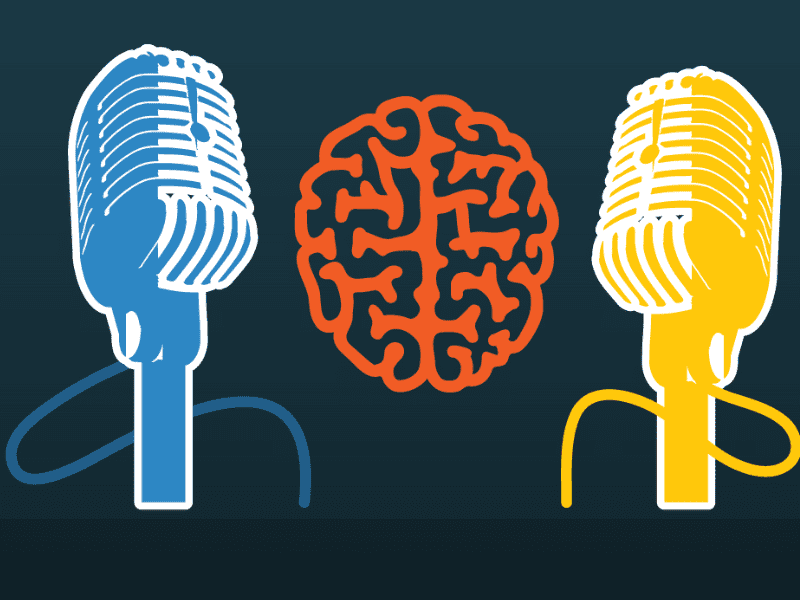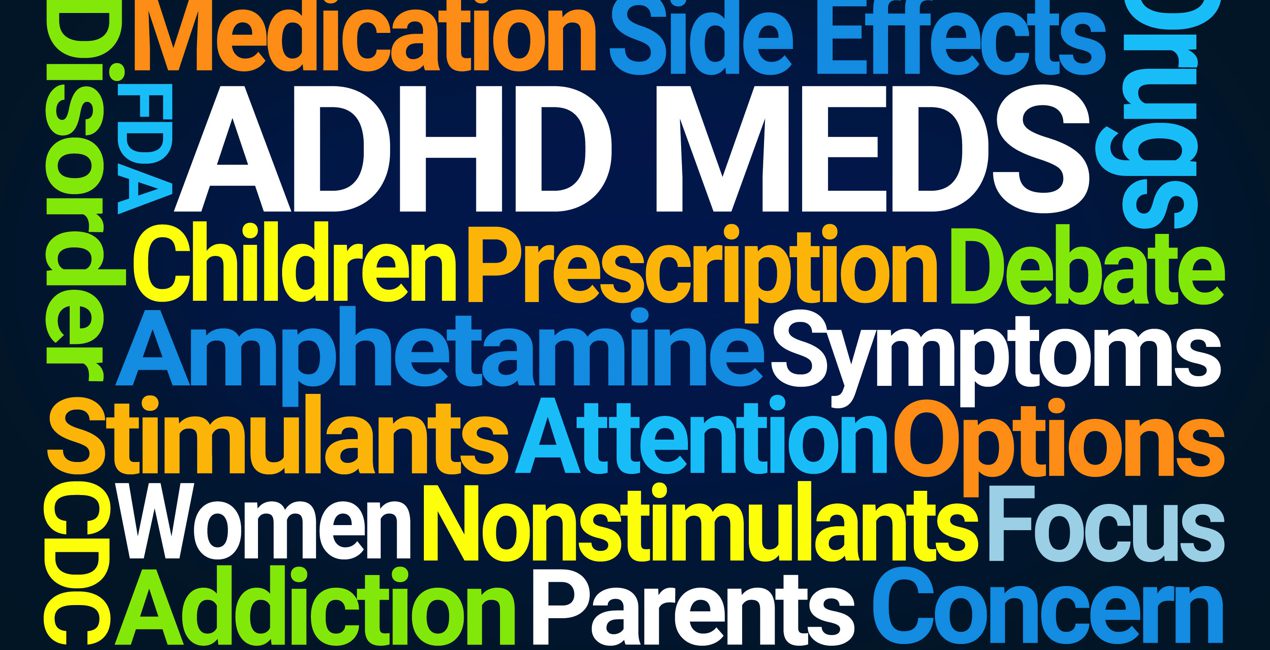Articles containing: medication
Understanding Obesity Stigma, feat. Angela Fitch, MD, FACP, FOMA

We often hear about how stigma can prevent appropriate treatment for mental disorders and promote feelings of shame or low self-worth among those struggling with their mental health.
Your Child’s Medication: How to Help Organize and Manage Their Treatment

JUMP TO: Tips for Managing Medication
Navigating the healthcare system is often a nightmare for both parents and doctors.
Medications: For Better or Worse? featuring Timothy Wilens, MD – Shrinking It Down

Tune in wherever you get your podcasts. Just search for “Shrinking It Down.”
Many parents of kids struggling with a mental health issue have concerns – even fears – about medication as a part of treatment. Will it help? Will it hurt? What are the side effects? Today, Dr.
When Survival is Not at Stake: Explaining the Mystery of Panic Disorder

Imagine you’re crossing a street and are almost hit by a massive Mack® truck.
You jump out of the way. Your heart is racing and pounding, you’re sweating, trembling, hyperventilating, and short of breath. You feel a pit in your stomach, nausea, choking, and tightness in your chest. Your fingers and toes are tingling.
More Kids Are Receiving Mental Health Care, But…

At The Clay Center, we find ourselves writing often about how seeking psychiatric treatment is stigmatized in the United States. We especially worry about this issue when it comes to children and adolescents.
10 Go-To Parenting Books for National Reading Month

March is National Reading Month and a good time to reflect on the books that have made an impact on my work as a child psychologist. I’ve compiled a list of my “go to” books that I frequently recommend to parents on some of the more common problems I’ve observed in kids.
Surviving Summer Camp

Summer is here, and if you’ve decided to send your child to summer camp, you may be experiencing a range of emotions and wondering how best to make this a good experience for your little one. It’s perfectly normal for first-time campers—and their parents—to experience some anxiety as camp gets closer and closer.
What If My Child Is Prescribed an SSRI?

Tune in for more on medications with Dr. Timothy Wilens, Chief of the Division of Child and Adolescent Psychiatry at Massachusetts General Hospital.
As we’ve mentioned SSRIs in a number of posts, we’d like to go into a bit more detail about what these particular medications are, and how they work.





